22 Free Safari Animals transparent PNG images
Explore our curated collection of Safari Animals, featuring 22 free AI-generated images that capture the majesty of African wildlife. From stunning stock photos to detailed 3D objects, vectors, and illustrations, our diverse gallery brings the safari experience to life. Each high-resolution image is available for immediate download, and with our innovative 'open in editor' feature, you can customize the prompts to regenerate variations that perfectly match your vision.
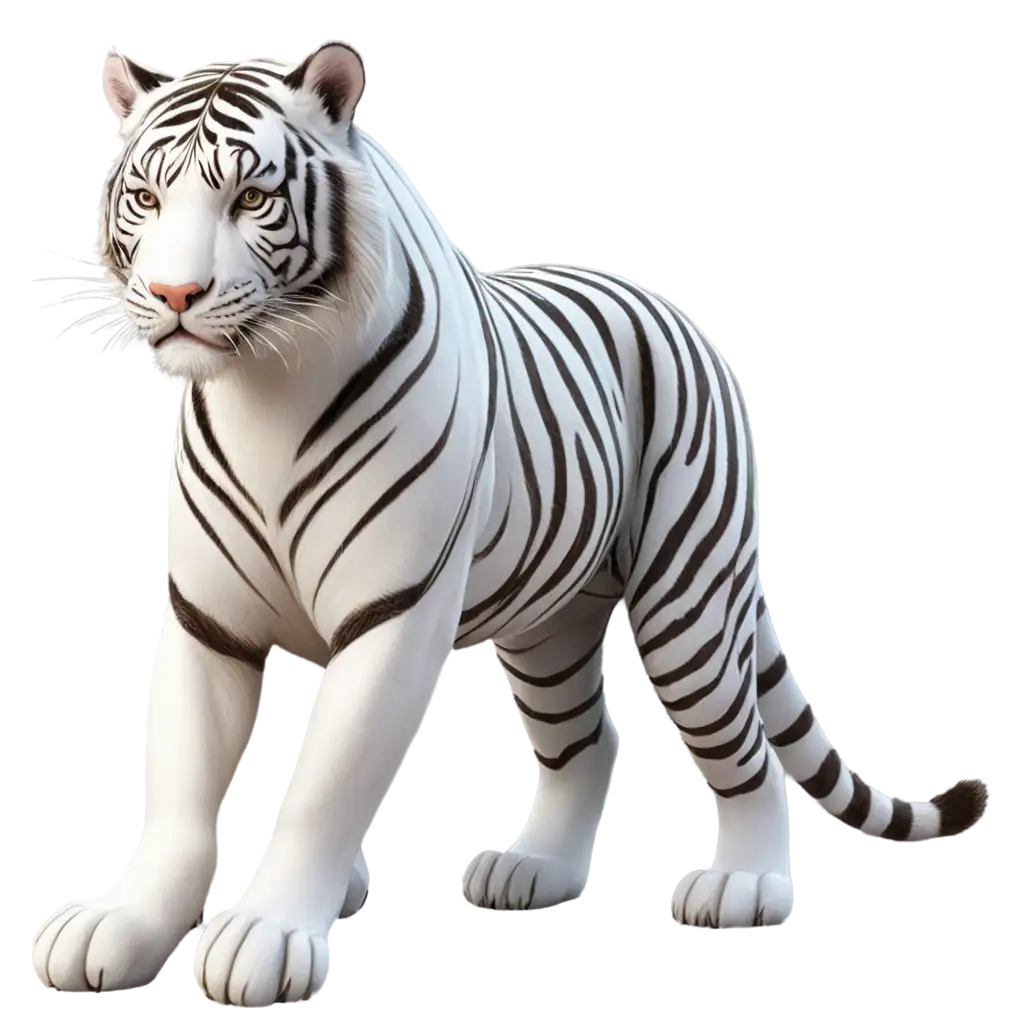
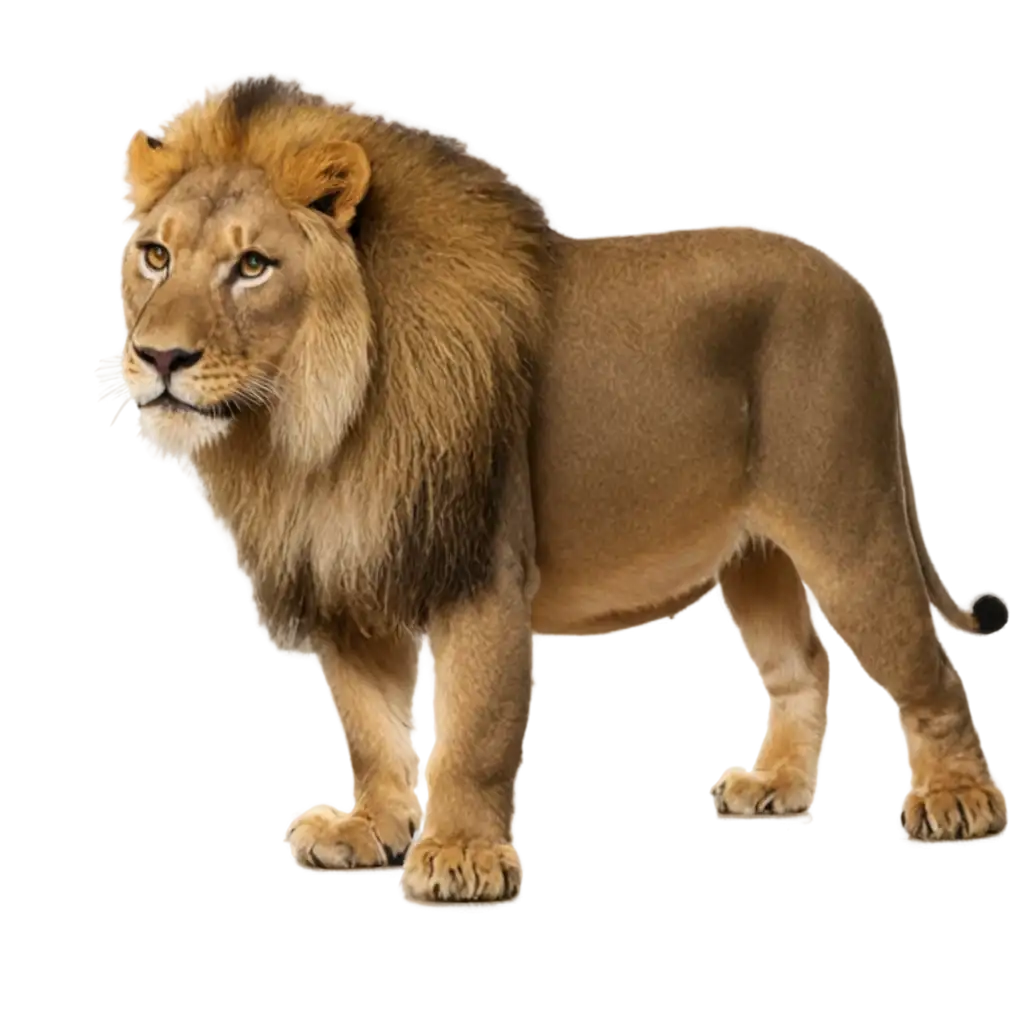
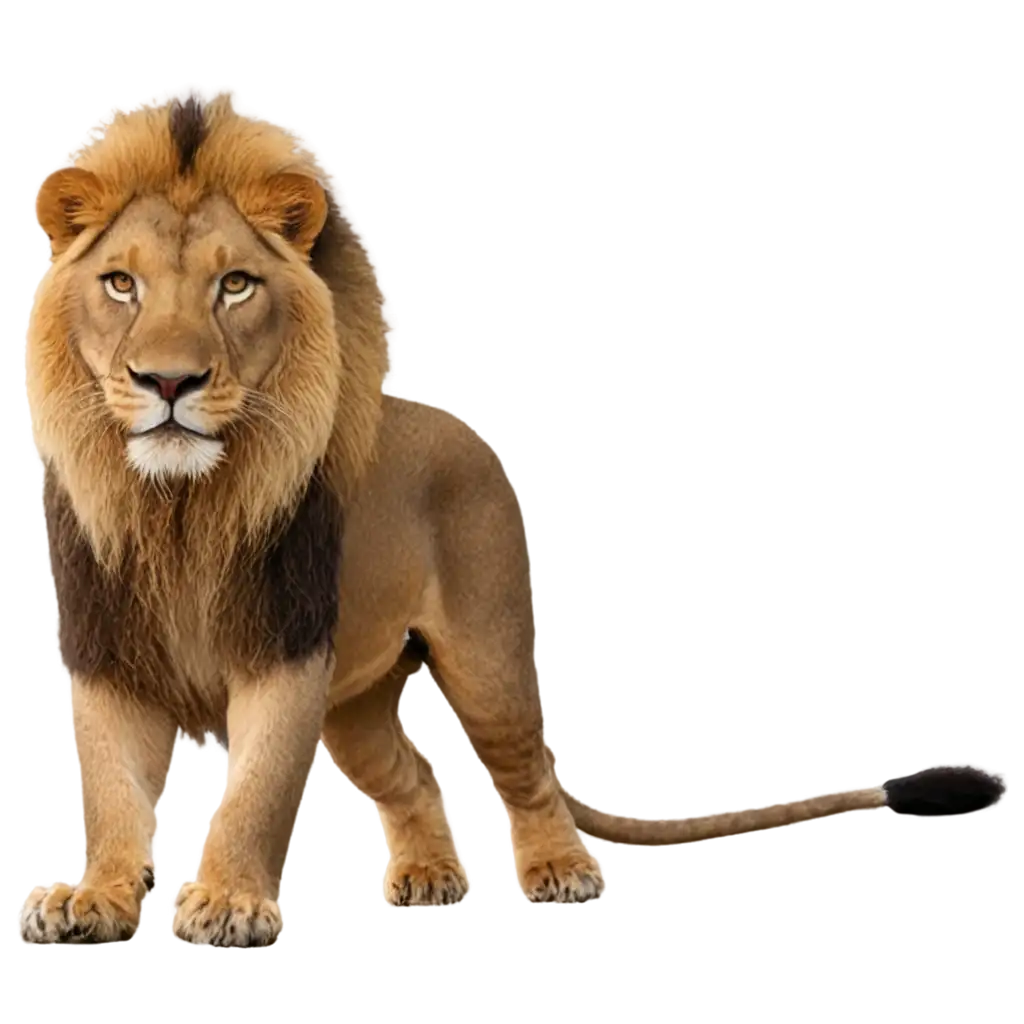
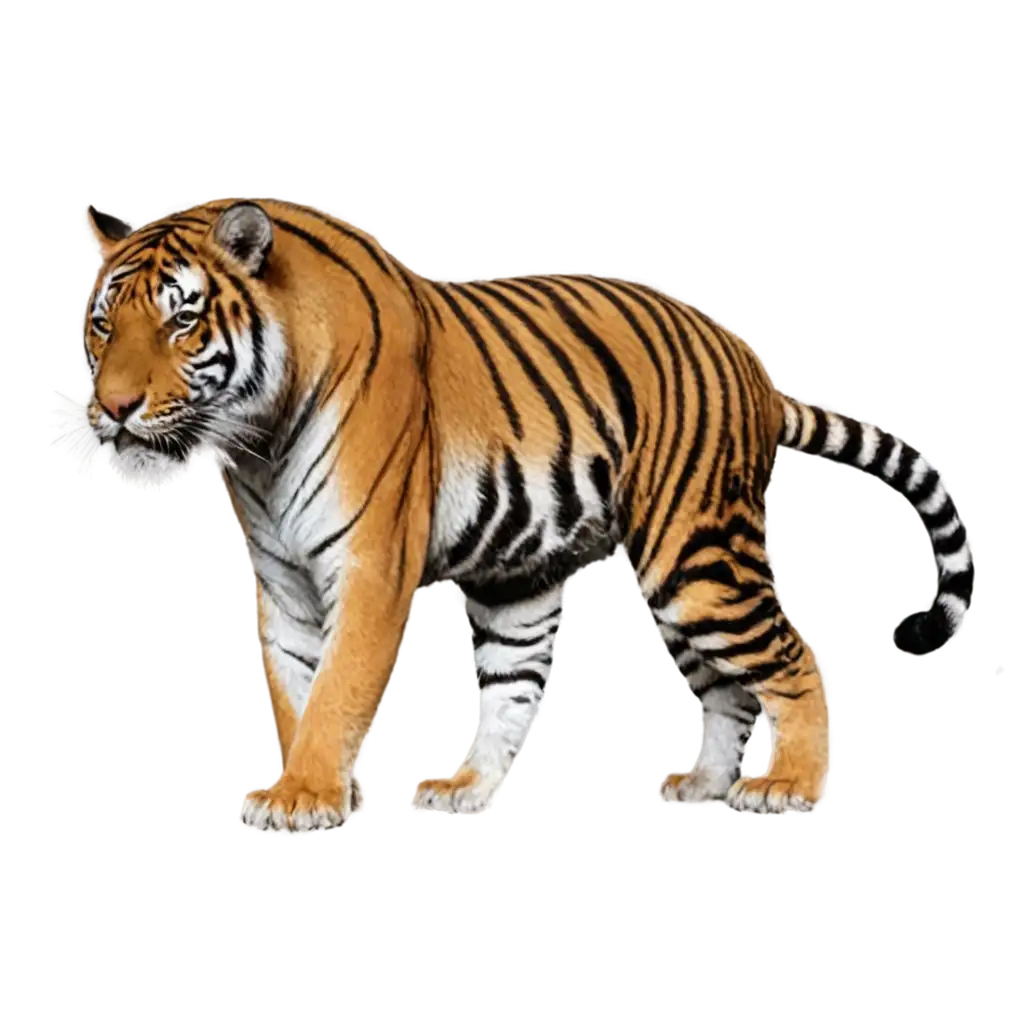
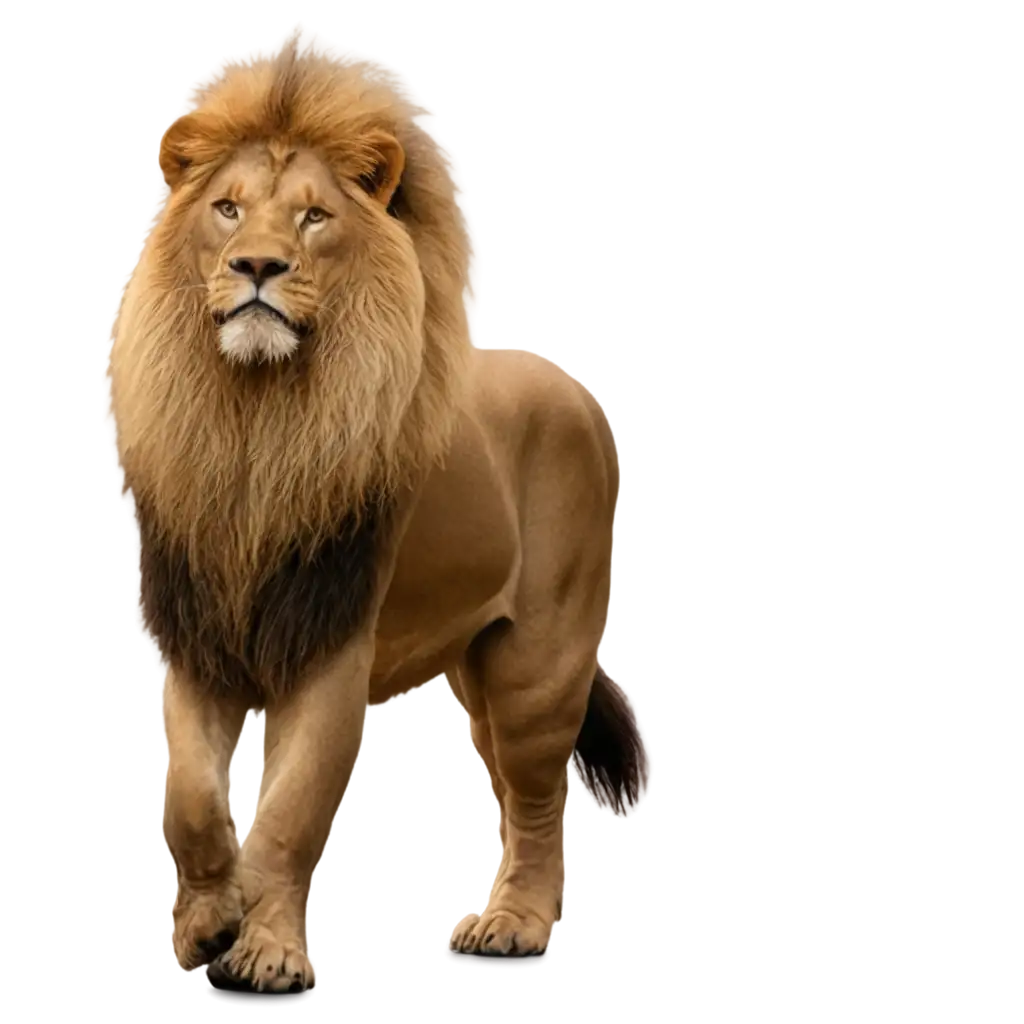
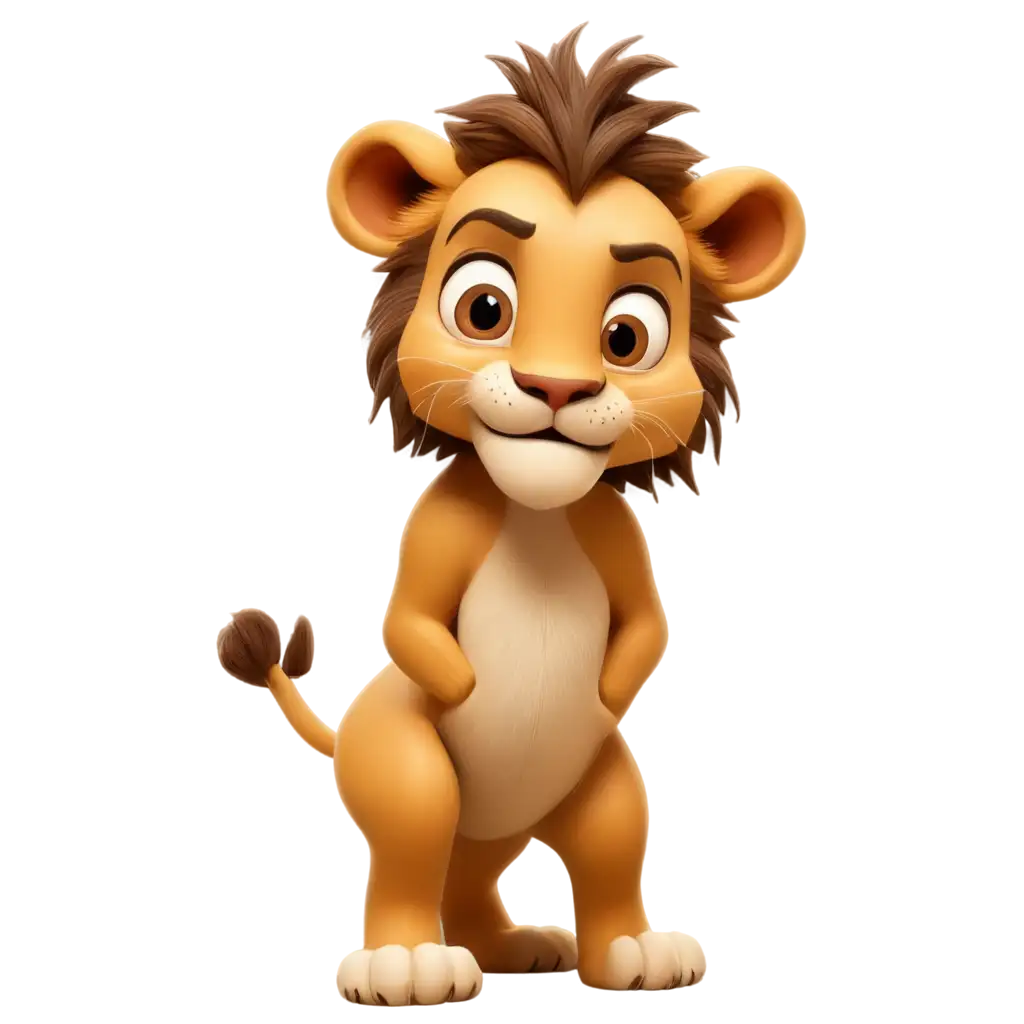
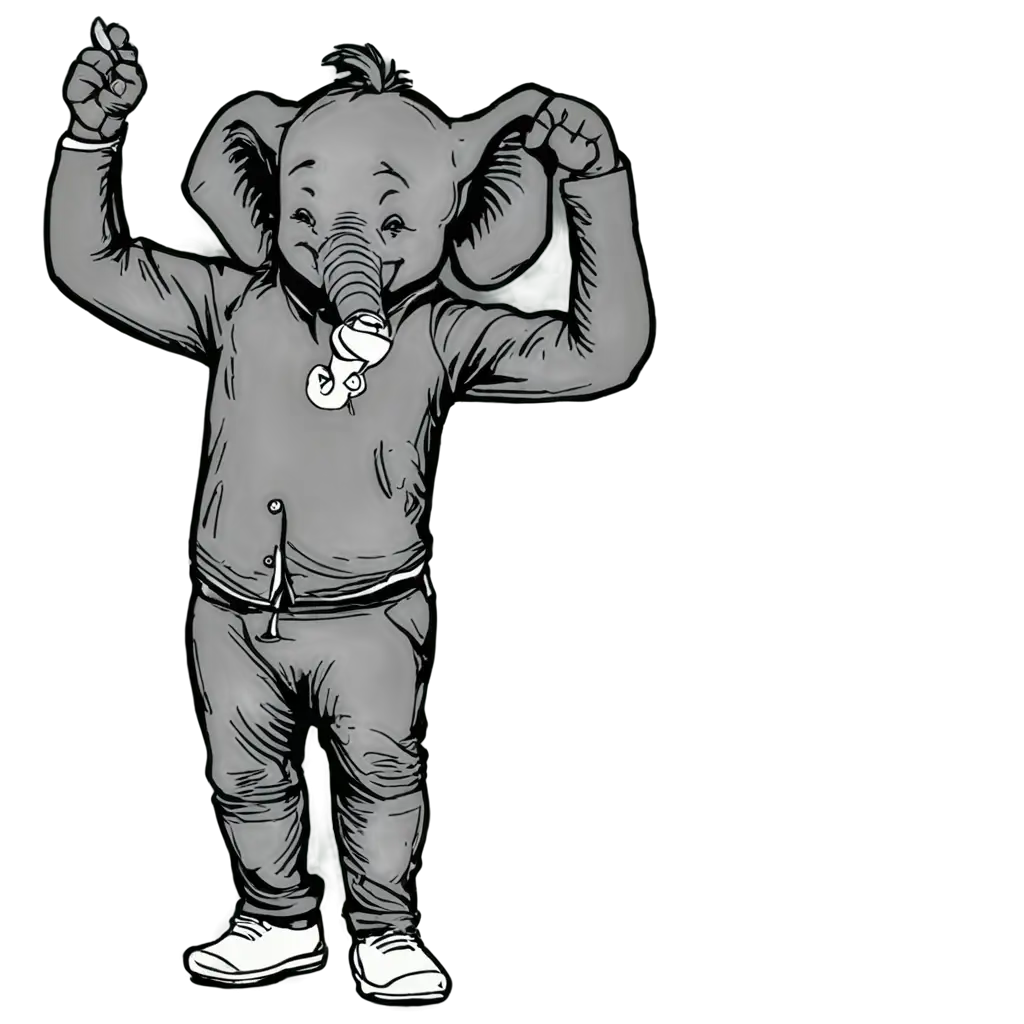
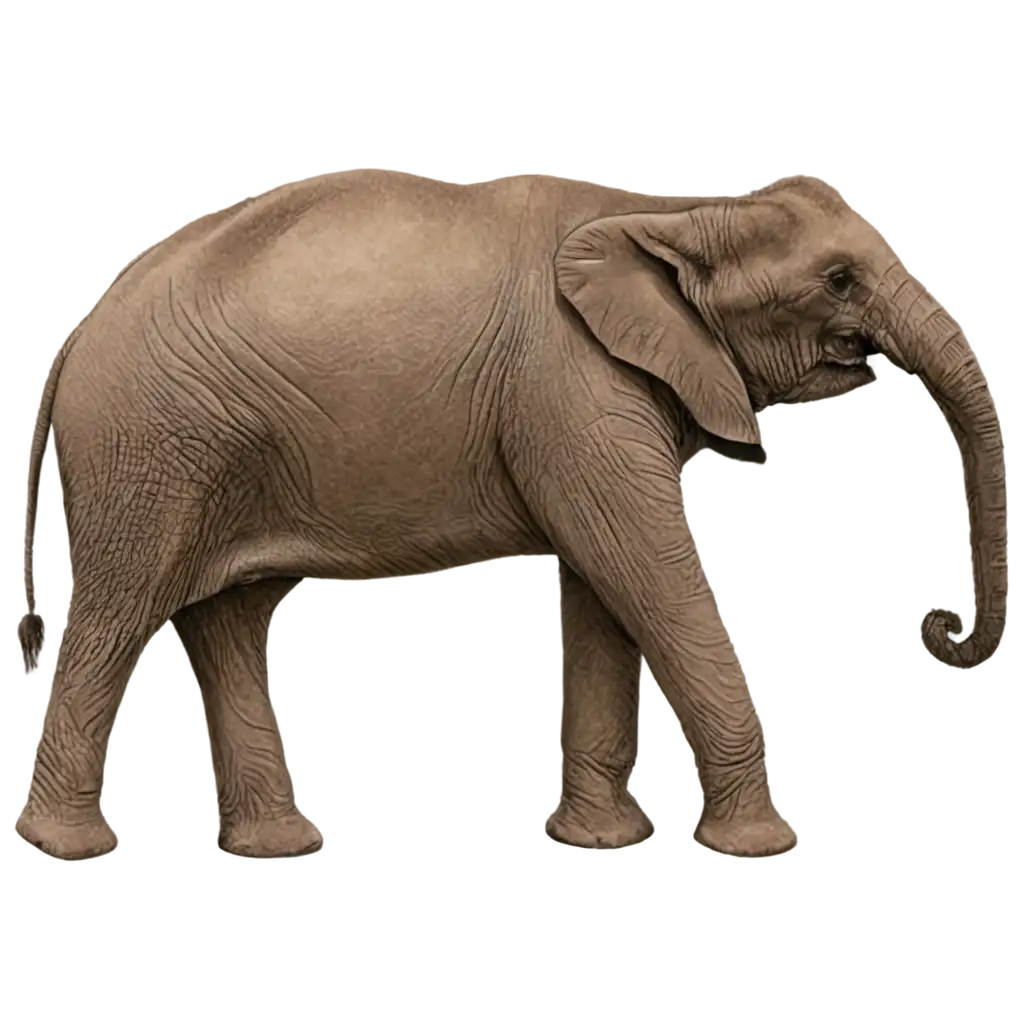
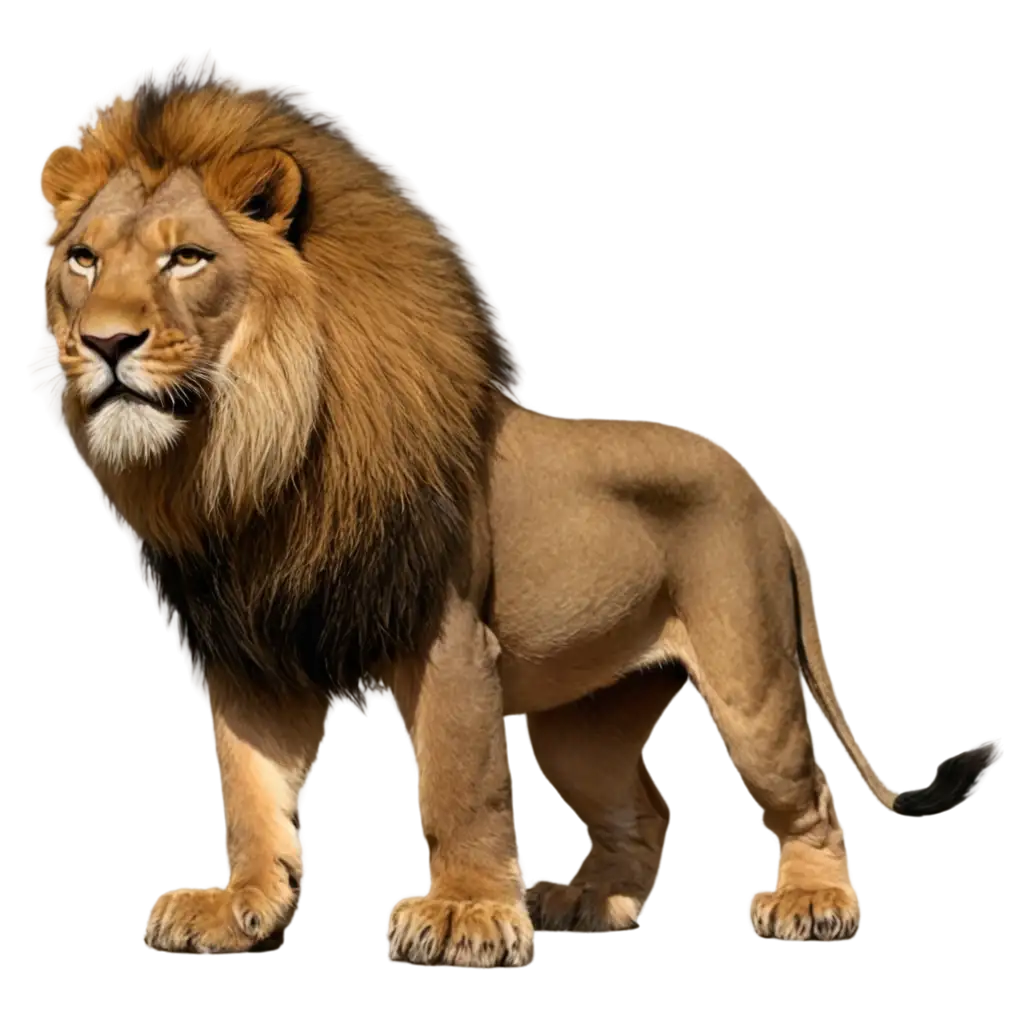
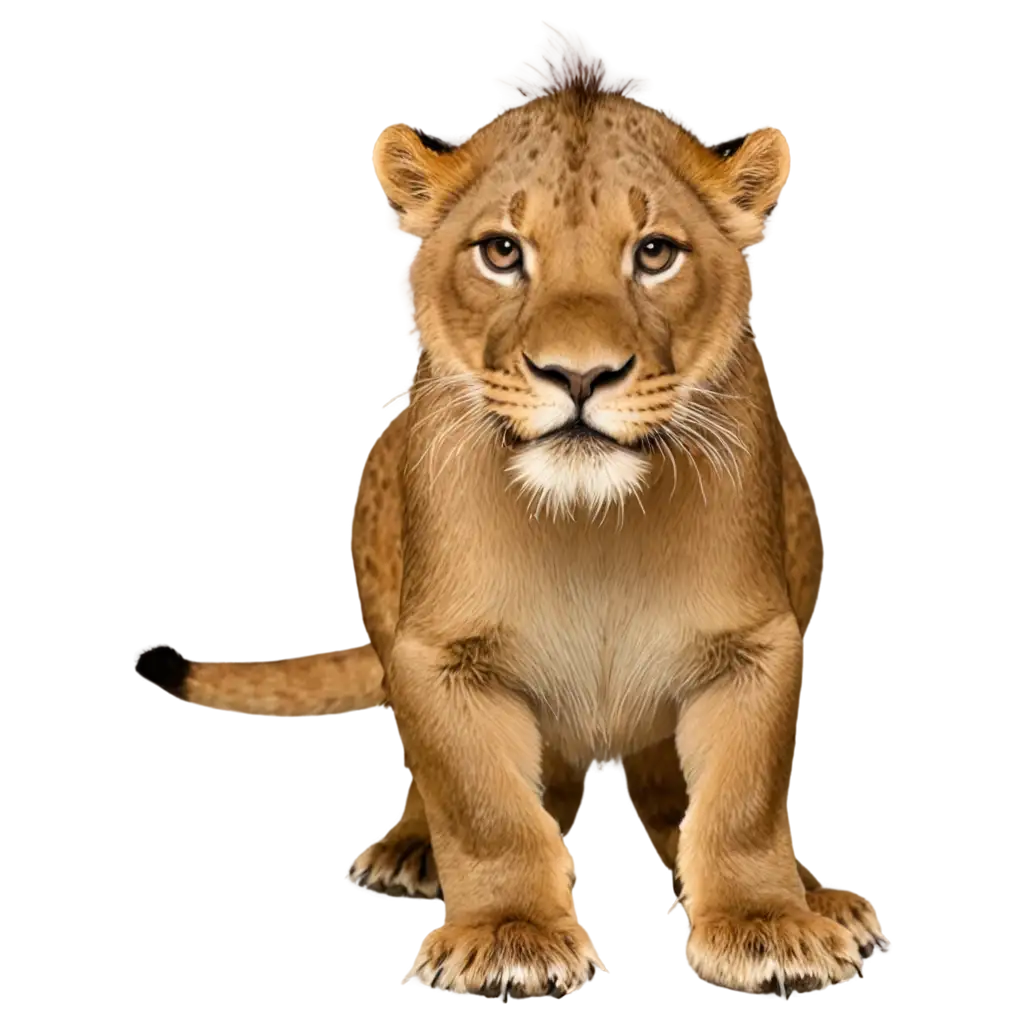
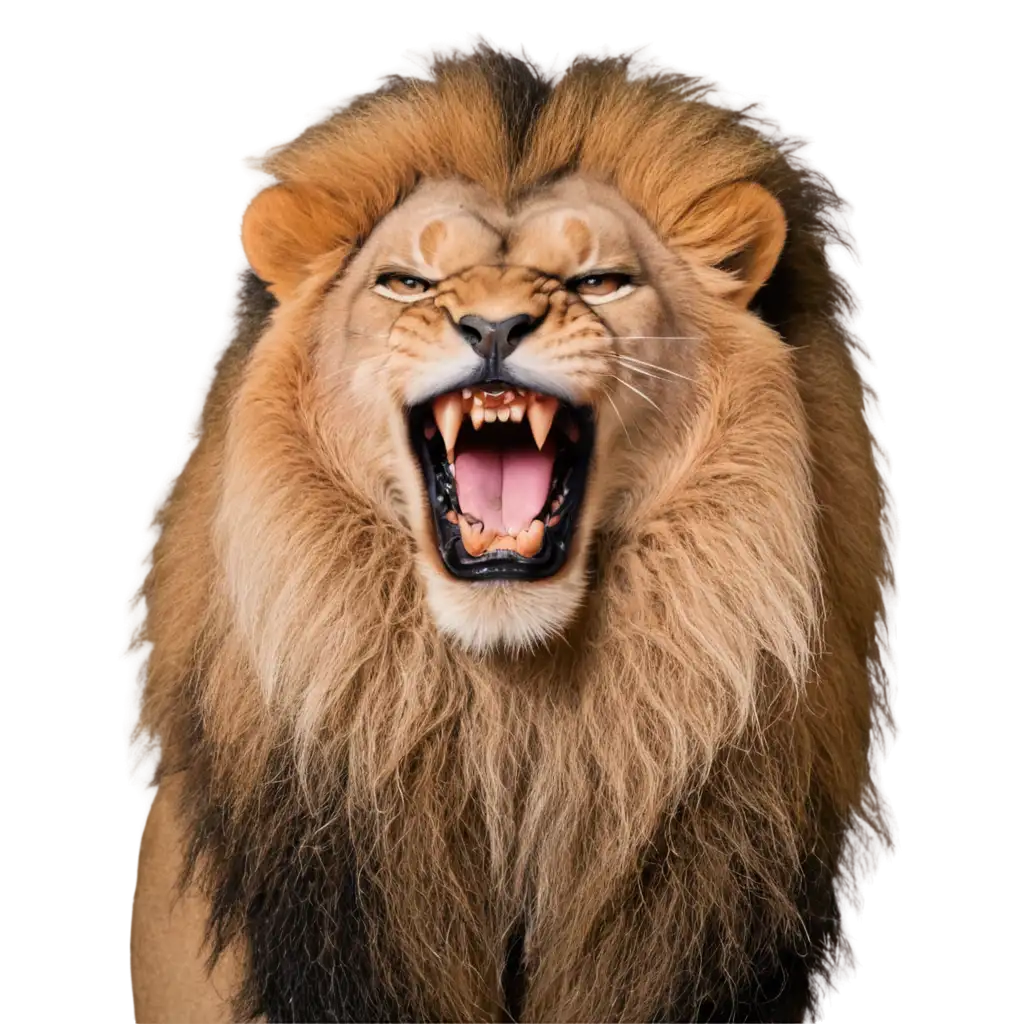
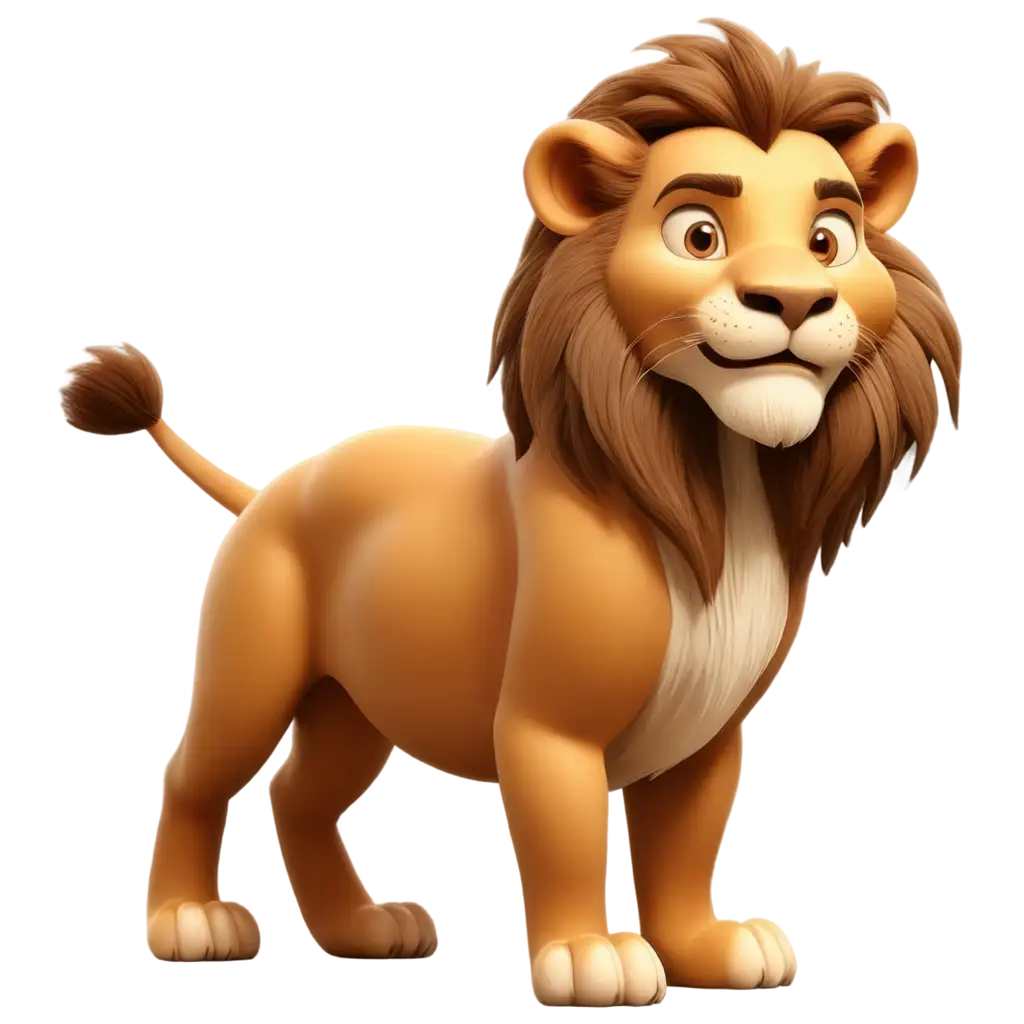
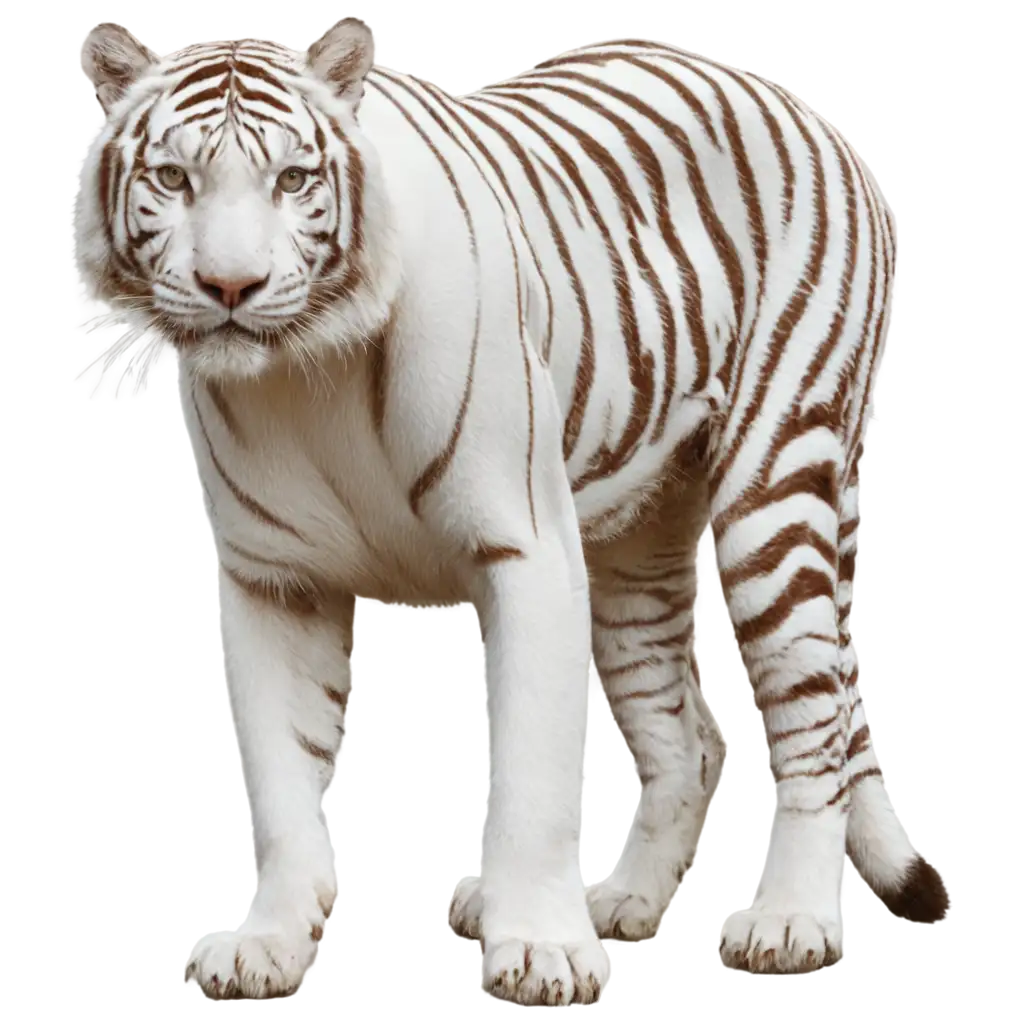
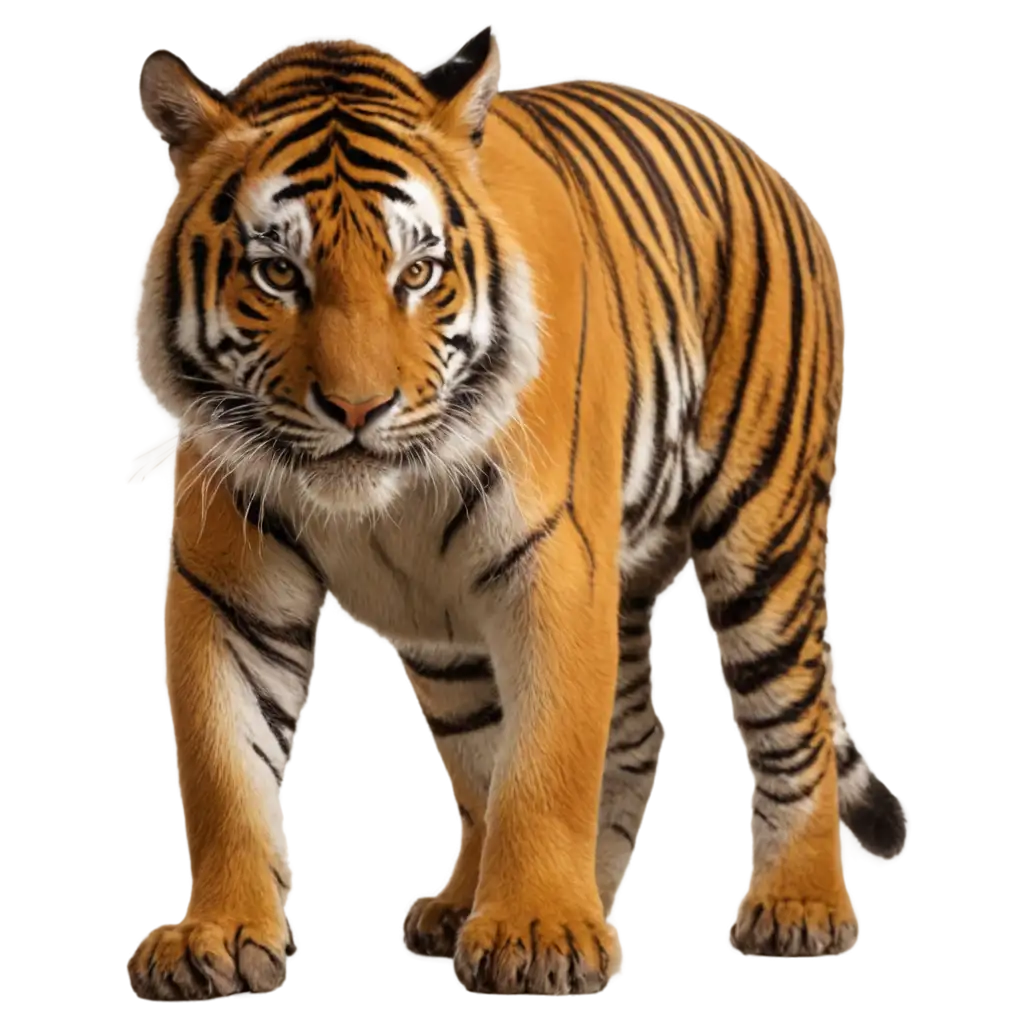
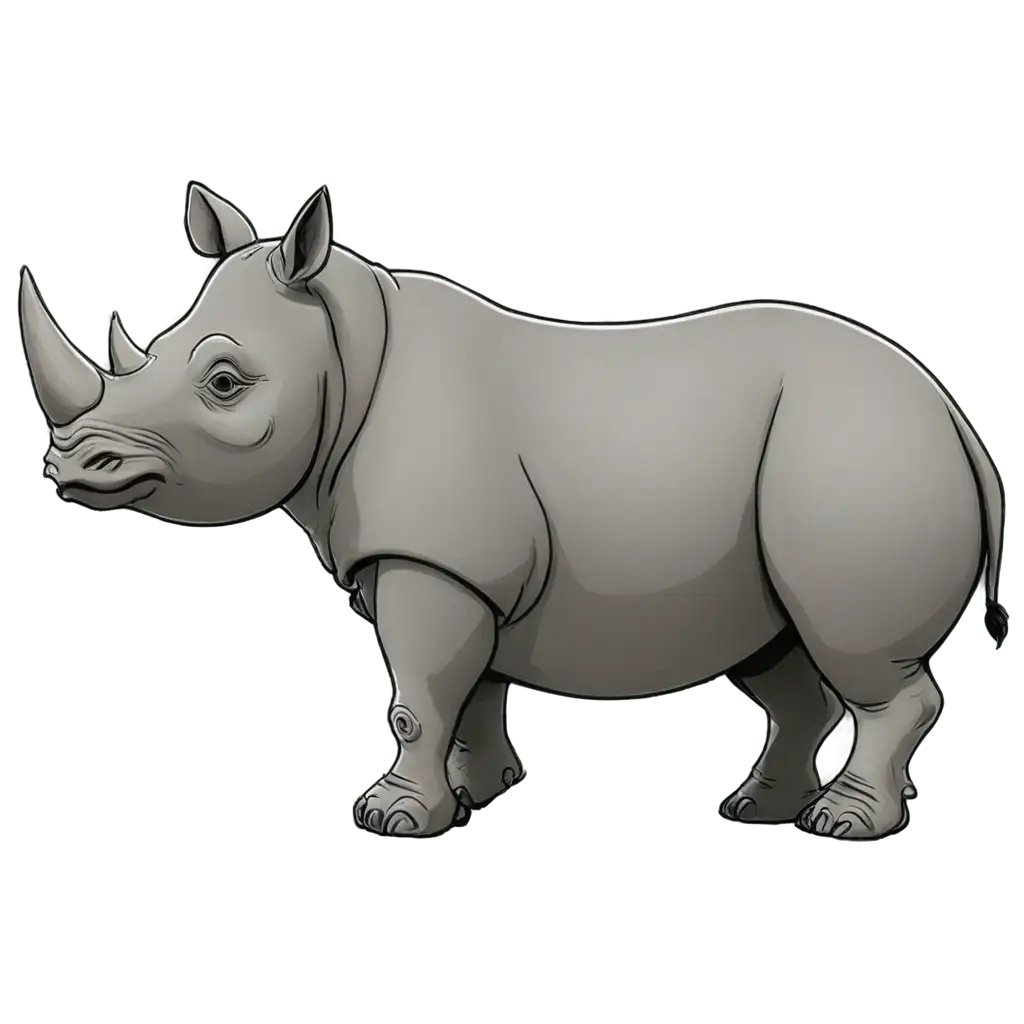
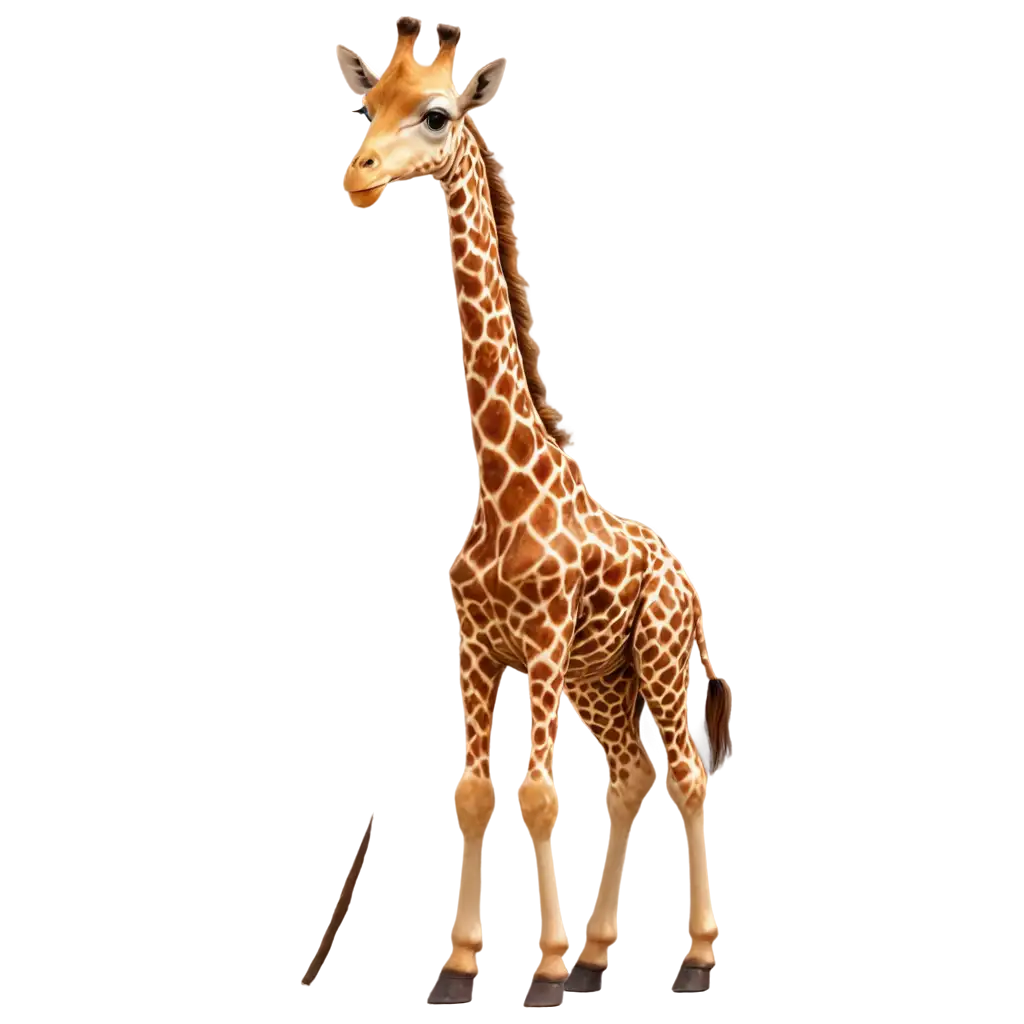
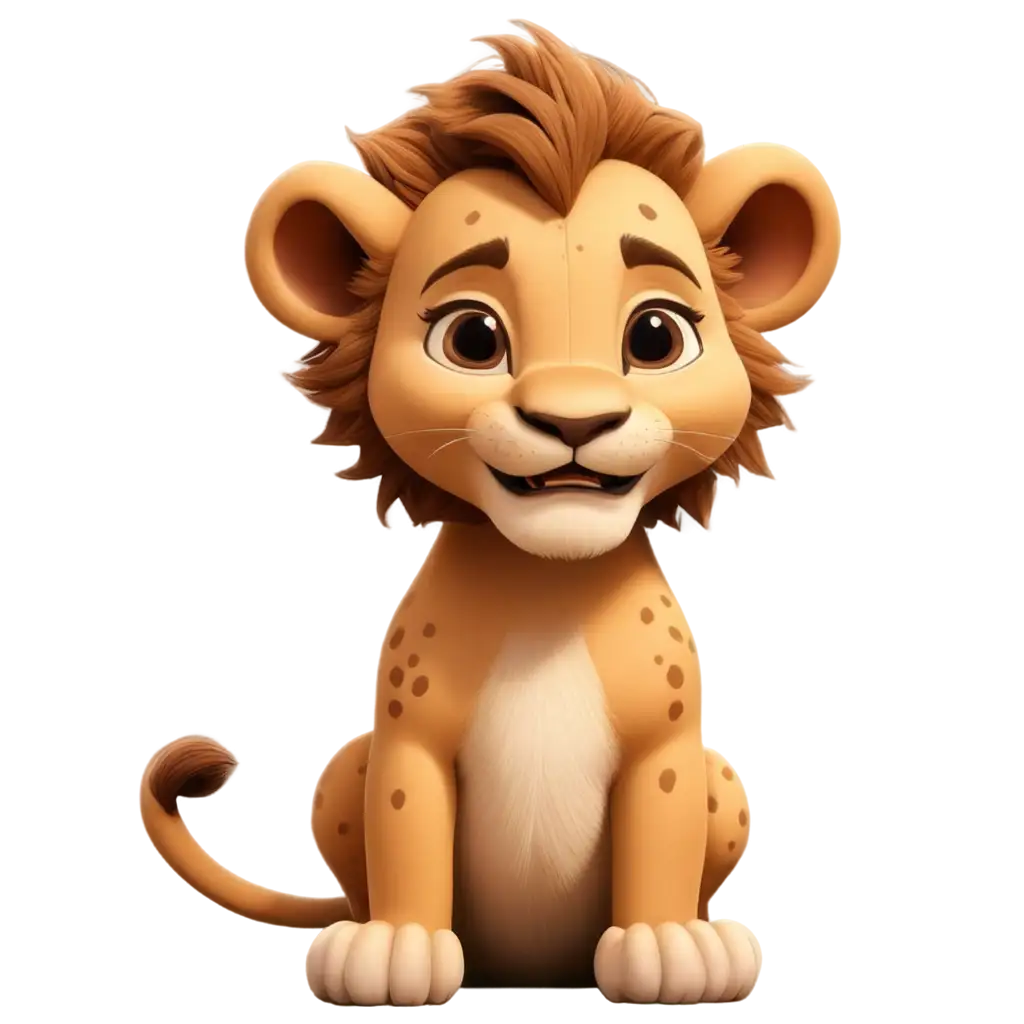
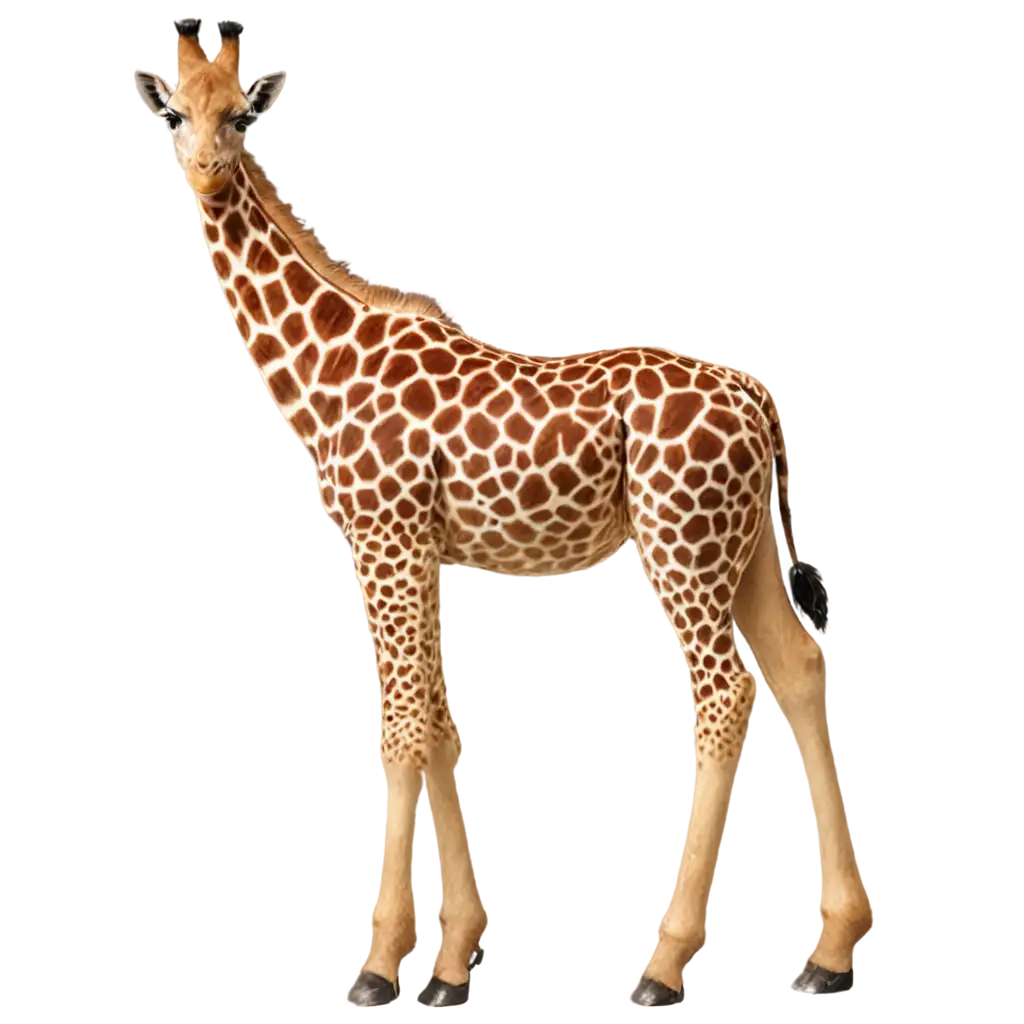
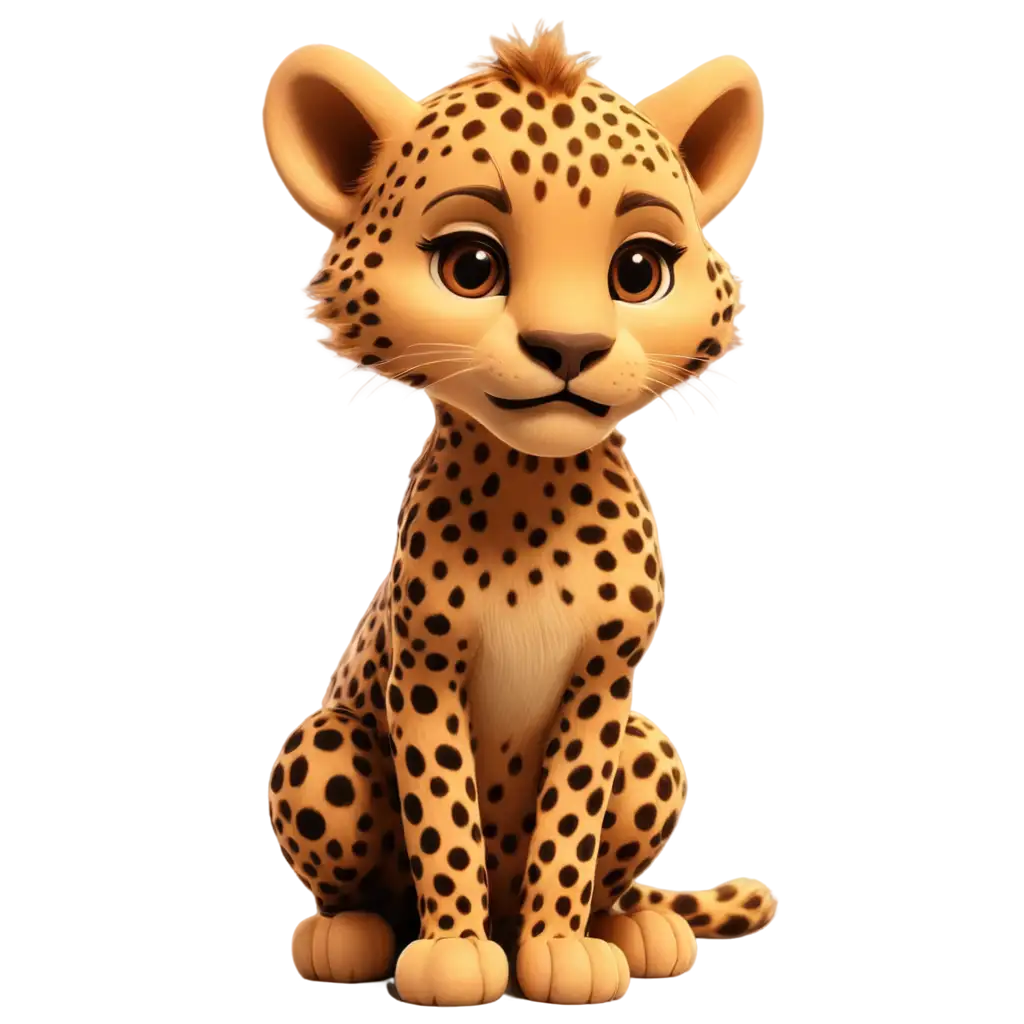
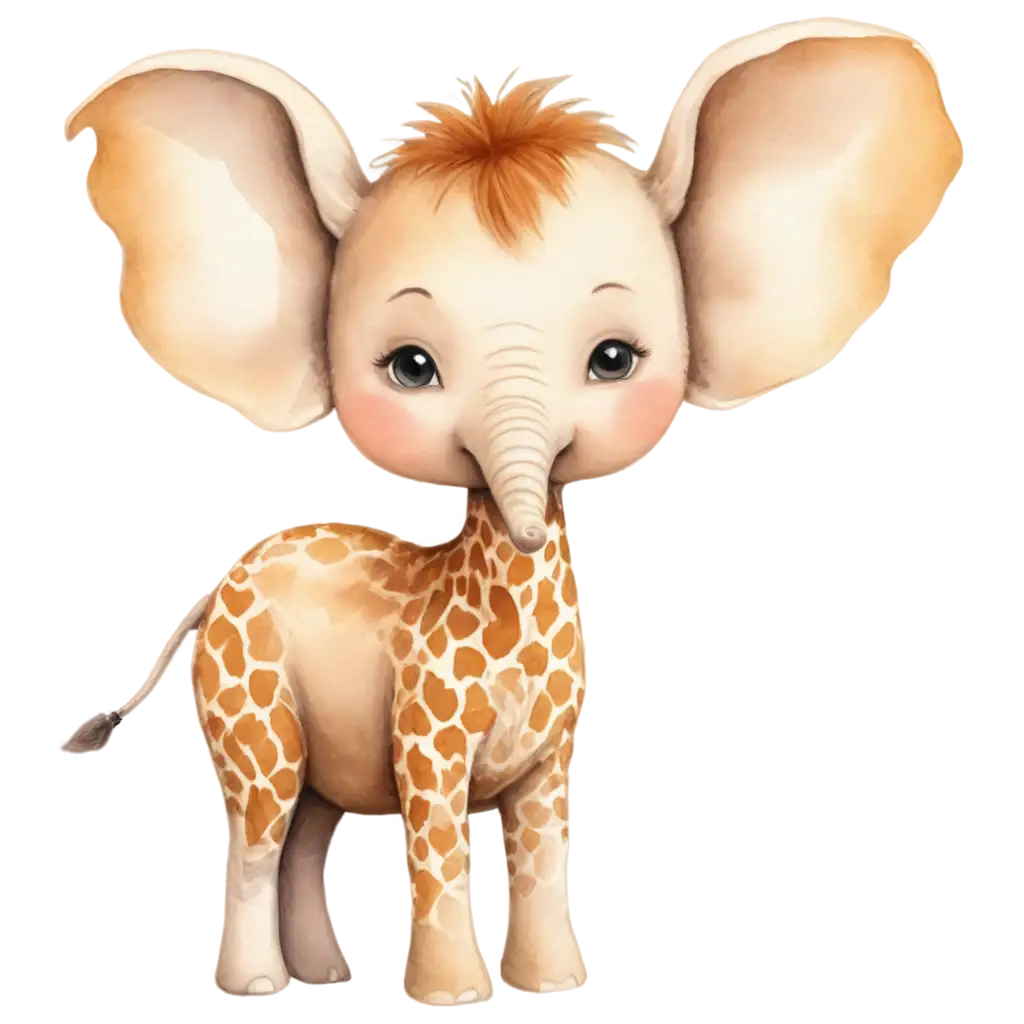
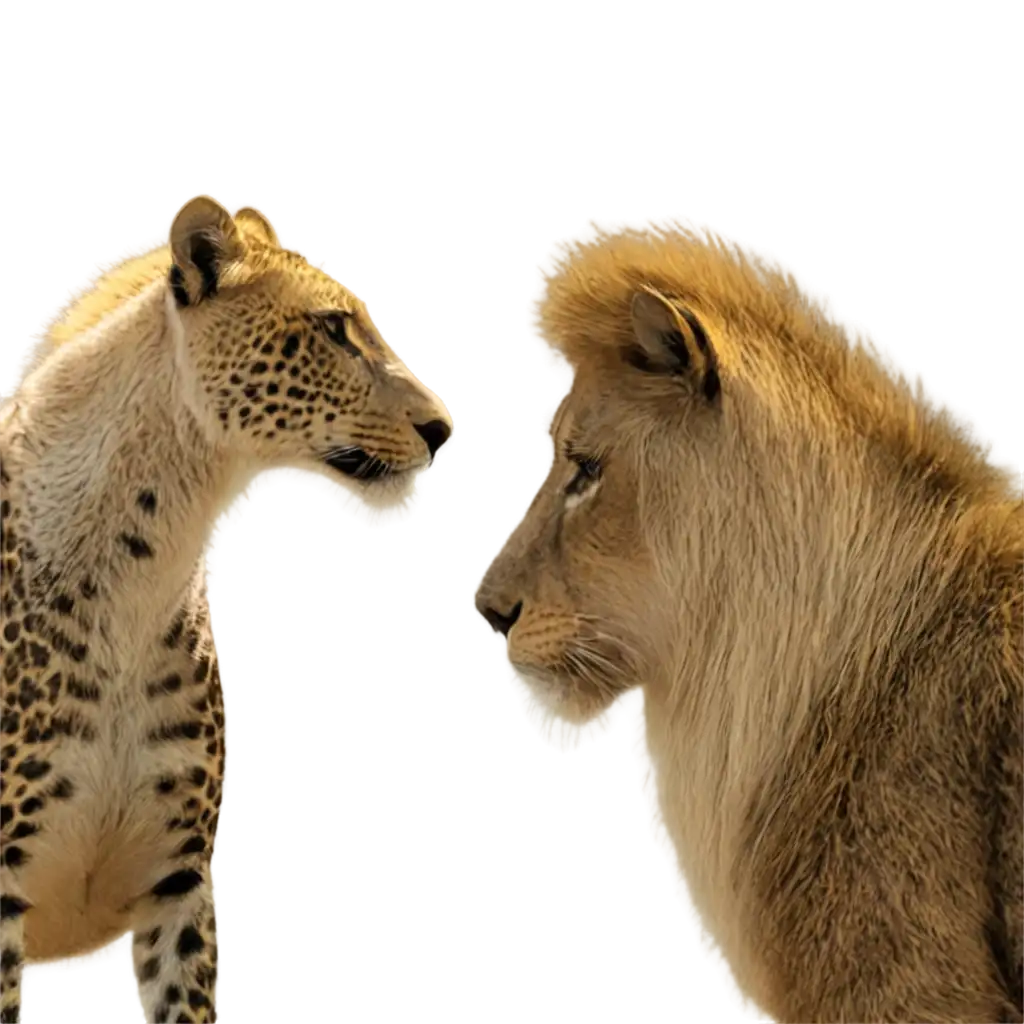
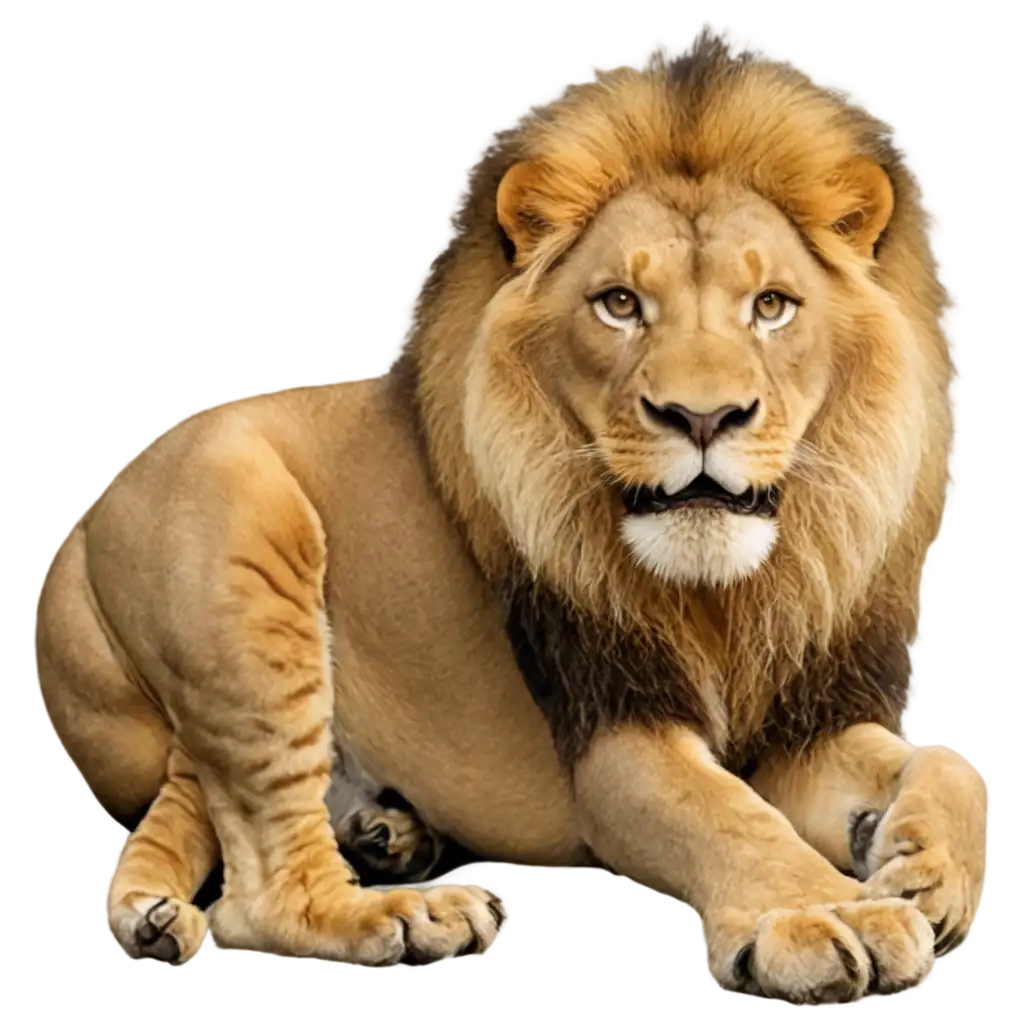
Related Tags
Safari animals represent some of nature's most iconic creatures, from majestic lions and elephants to graceful giraffes and zebras. In the realm of AI-generated imagery, these animals present unique challenges and opportunities for digital artists and photographers. The key to creating compelling safari animal imagery lies in capturing their distinctive features: the intricate patterns of a leopard's spots, the powerful stance of a rhinoceros, or the social dynamics of a zebra herd. AI technology has revolutionized how we can represent these animals, offering unprecedented control over lighting, composition, and environmental context while maintaining anatomical accuracy and natural behaviors.
Understanding Safari Animals in Digital Art and Photography
Safari animal images serve diverse purposes across multiple industries. In education, they provide detailed visual references for learning about wildlife biology and conservation. Commercial applications include advertising campaigns, brand mascots, and product packaging, particularly in industries targeting adventure, travel, or natural products. Interior designers frequently use safari animal imagery to create statement pieces or themed spaces, while publishers rely on these visuals for children's books, nature magazines, and documentary materials. The gaming and entertainment industry also heavily utilizes safari animal imagery for creating immersive virtual environments and character designs. The versatility of AI-generated safari images allows for customization across these applications, from photorealistic representations to stylized interpretations.
Creative Applications of Safari Animal Imagery
Creating compelling AI-generated safari animal images requires attention to several key elements. First, consider the animal's natural habitat and behavior - African savannah backgrounds, appropriate lighting conditions, and natural poses enhance authenticity. For photorealistic results, focus on accurate anatomical details such as muscle structure, fur textures, and distinctive markings. When generating 3D models, pay special attention to the animal's skeletal structure and movement patterns. For illustrations and vectors, emphasize characteristic features while maintaining artistic cohesion. Successful prompts often include specific details about the animal's age, gender, action, and environmental context. Additionally, incorporating terms related to lighting conditions, camera angles, and artistic styles can significantly impact the final output.
Technical Guide to Creating AI Safari Animal Images
The future of AI-generated safari animal imagery is evolving rapidly with technological advancements. Emerging trends include hyper-realistic texture generation, enabling the creation of incredibly detailed fur patterns and skin textures. Motion-based generation is gaining prominence, allowing for the creation of dynamic poses and interactive animations. Environmental integration is becoming more sophisticated, with AI systems capable of generating contextually accurate habitats and weather conditions. We're also seeing increased demand for conservation-focused imagery that highlights endangered species and their habitats. The integration of augmented reality (AR) and virtual reality (VR) technologies is opening new possibilities for immersive wildlife experiences, driving the need for more diverse and adaptable safari animal assets.
Future Trends in AI-Generated Safari Wildlife Art